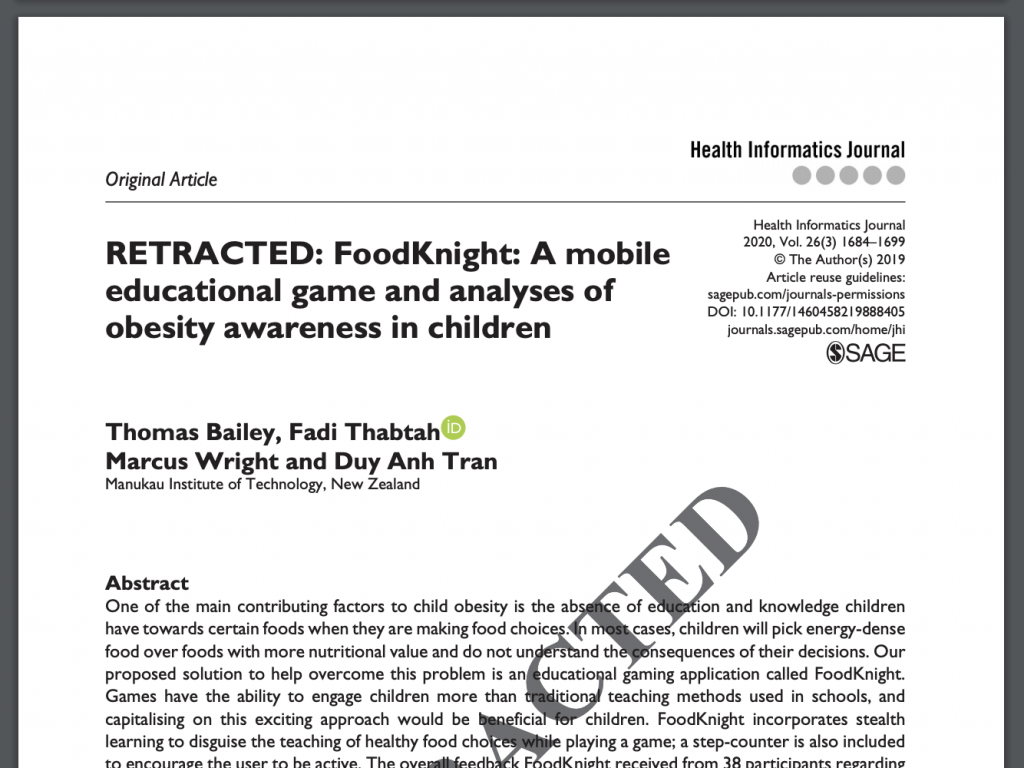
Don’t tell the aquatic beetles in the family Grouvellinus Champion 1923, but their number just got a little smaller. Officially speaking, that is. Unofficially, keep that place setting at the holiday table. Well, don’t, if you’re under travel restrictions for COVID-19. You get the picture.
A journal has retracted a 2019 paper describing the discovery of a new member of the family, part of a “citizen science” (or “taxon expedition”) effort to collect samples of the insects in the remote Maliau Basin of Borneo, over a bureaucratic dispute.
Recent forays into the region have turned up several new species of water beetle, including the Grouvellinus leonardodicaprioi, which looks, well, not much like its namesake (yes, that Leonardo DiCaprio).
According to the notice:
Continue reading Unmeet the beetles: “A very disappointing story” as authors yank paper on new insect species




 As we’re fond of repeating, sunlight is the best disinfectant. Which doesn’t jibe with the findings in an eye-catching 2018 paper that found people were less fearful of catching a contagious illness if they were in a dark room or were wearing sunglasses.
As we’re fond of repeating, sunlight is the best disinfectant. Which doesn’t jibe with the findings in an eye-catching 2018 paper that found people were less fearful of catching a contagious illness if they were in a dark room or were wearing sunglasses.  This one gave us pause: A journal recently removed a 1992 paper, providing only a terse explanation — “The above article has been removed at the author’s request.”
This one gave us pause: A journal recently removed a 1992 paper, providing only a terse explanation — “The above article has been removed at the author’s request.”  Many publishers have been duped by fake peer reviews, which have brought down more than 600 papers to date. But some continue to get fooled.
Many publishers have been duped by fake peer reviews, which have brought down more than 600 papers to date. But some continue to get fooled.